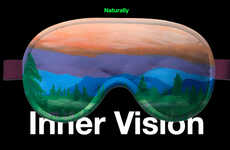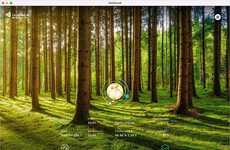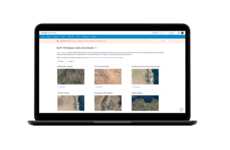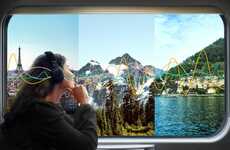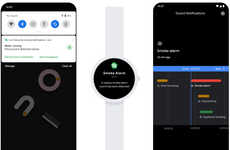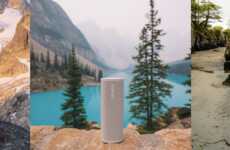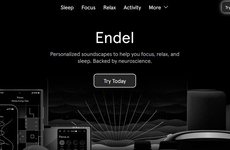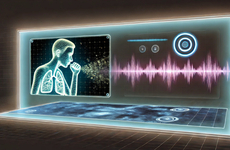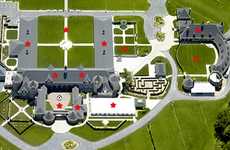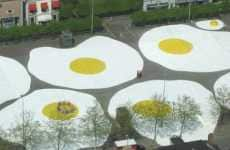
Cowbag — May 10, 2007 — Pop Culture
References: bbc
A US company who has created software which can layer sound over locations in Google Earth - Wild Sanctuary has over 3,500 hours of soundscapes from all over the world. The firm is said to be "in talks" with Google, although no official agreement has yet been made.
The curator of the collection, Dr Krause, has spent the last 40 years collecting a variety of nature sounds, and now has the largest library of natural sound. The software is to be presented at the Where 2.0 conference in San Jose, California on 29 May, where up to two dozen sounds would be show-cased at first.
Dr Krause would also like sounds of before and after to be added saying:
The curator of the collection, Dr Krause, has spent the last 40 years collecting a variety of nature sounds, and now has the largest library of natural sound. The software is to be presented at the Where 2.0 conference in San Jose, California on 29 May, where up to two dozen sounds would be show-cased at first.
Dr Krause would also like sounds of before and after to be added saying:
Trend Themes
1. Layered Soundscapes - The trend of layering sound over locations in virtual environments, such as Google Earth, presents a disruptive innovation opportunity for immersive experiences and enhanced storytelling.
2. Natural Sound Libraries - The trend of building extensive libraries of natural sounds, like Wild Sanctuary's collection, offers opportunities for creating unique audio content for various applications, from virtual reality to relaxation and meditation experiences.
3. Spatial Audio Technology - The trend of developing advanced spatial audio technology allows for realistic and immersive sound experiences in virtual environments, opening up possibilities for applications in gaming, entertainment, and virtual tourism.
Industry Implications
1. Virtual Reality - The virtual reality industry can leverage layered soundscapes to create more immersive and realistic virtual experiences, enhancing user engagement and satisfaction.
2. Media and Entertainment - The media and entertainment industry can benefit from natural sound libraries to enhance storytelling in movies, TV shows, and video games, providing a more immersive and authentic audio experience.
3. Tourism and Hospitality - The tourism and hospitality industry can utilize spatial audio technology to offer virtual tours and experiences, allowing customers to virtually explore destinations and accommodations with realistic soundscapes.
1.6
Score
Popularity
Activity
Freshness


